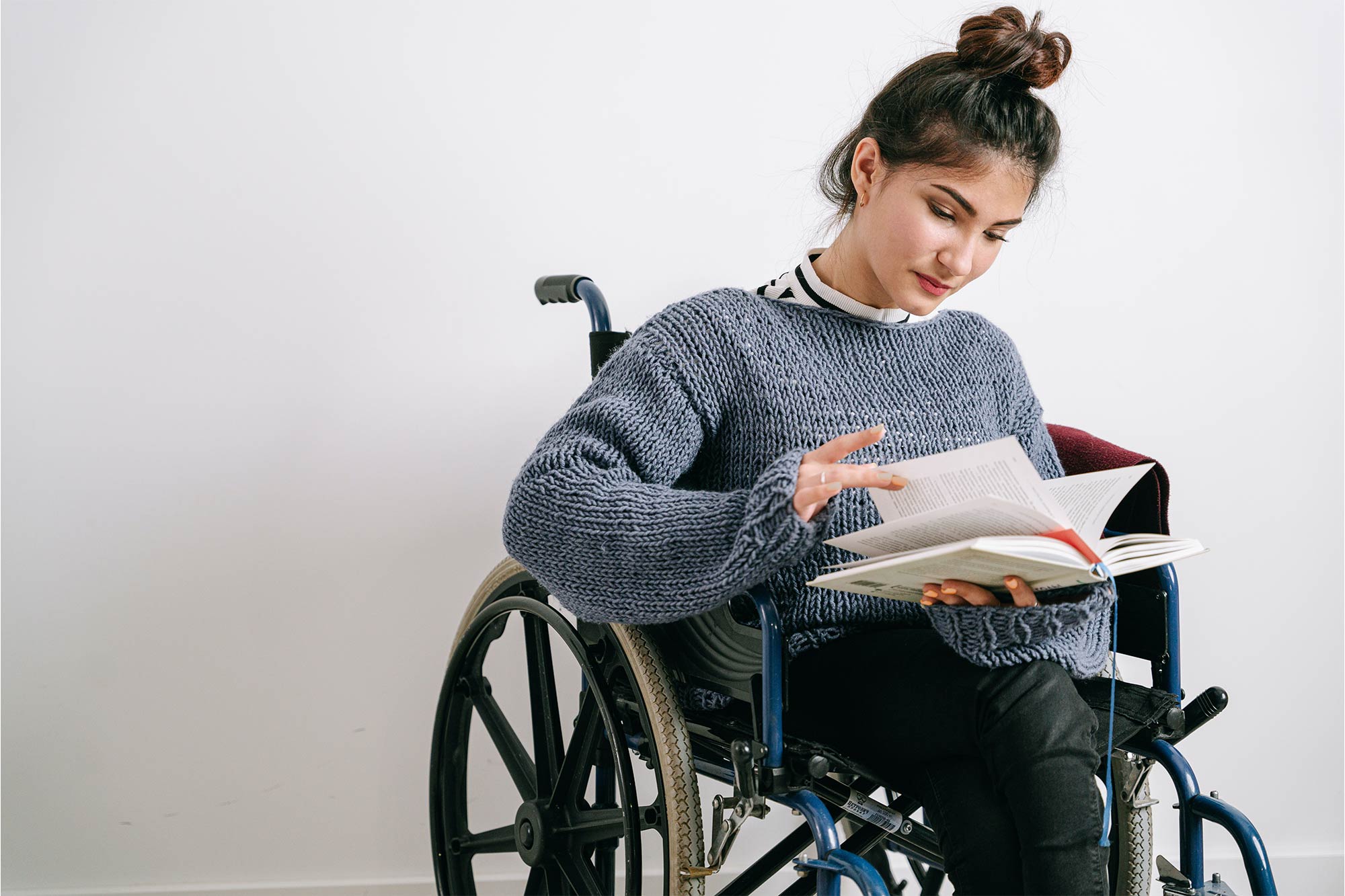The abuse began with seemingly small insults: If she could do more around the house, he’d be happier. If she wasn’t disabled, their sex would be better.
Then came the threats. He’d take the children away. He’d tell her to kill herself. He said he’d kill her. “I can kill you right now,” he said, “and there’s nothing you can do about it.”
“It just kept escalating,” said the woman, who, for her safety, asked that her name not be used. “At first, I did anything I could to get him to stay, because I was afraid of not having anyone love me, was ashamed and embarrassed, and blamed myself a lot. He used the chair against me, said I would not be capable of raising the kids.”
Her story isn’t uncommon.
About 12% of American women of reproductive age – roughly 1 million – live with at least one physical or cognitive disability. When compared to non-disabled peers, women with disabilities are far less likely to use contraception and far more likely to become pregnant unintentionally, University of Virginia nurse scientist Jeanne Alhusen has found. And more often, these women face intimate-partner violence behind closed doors.











